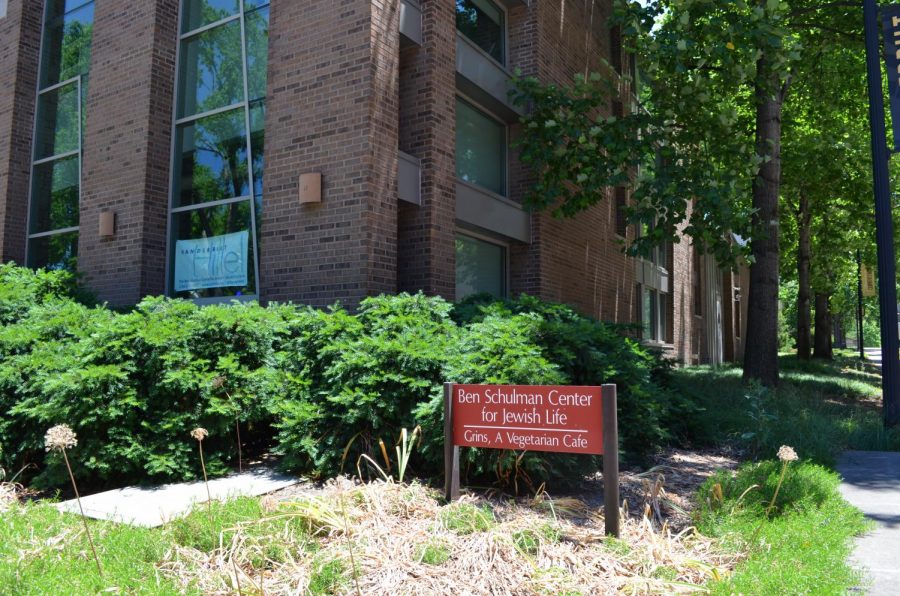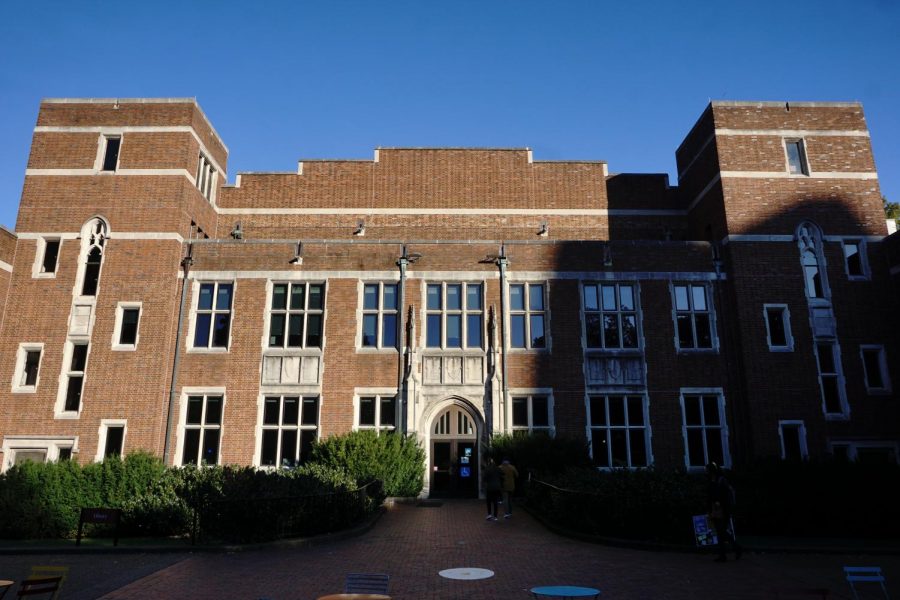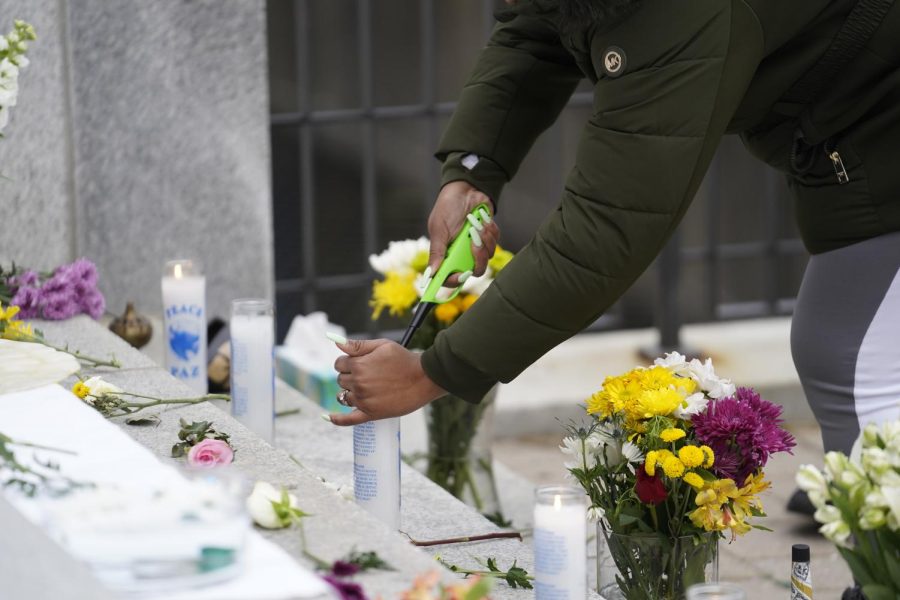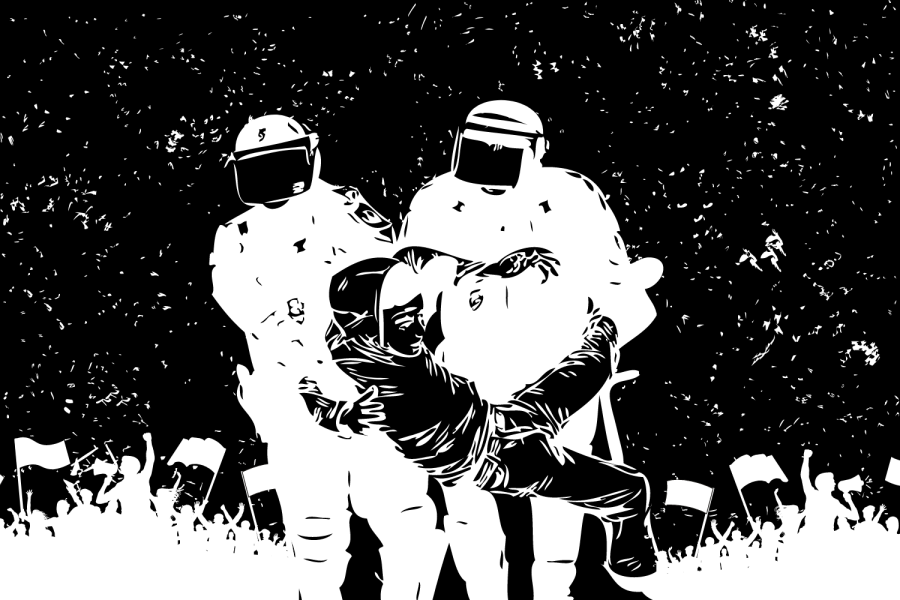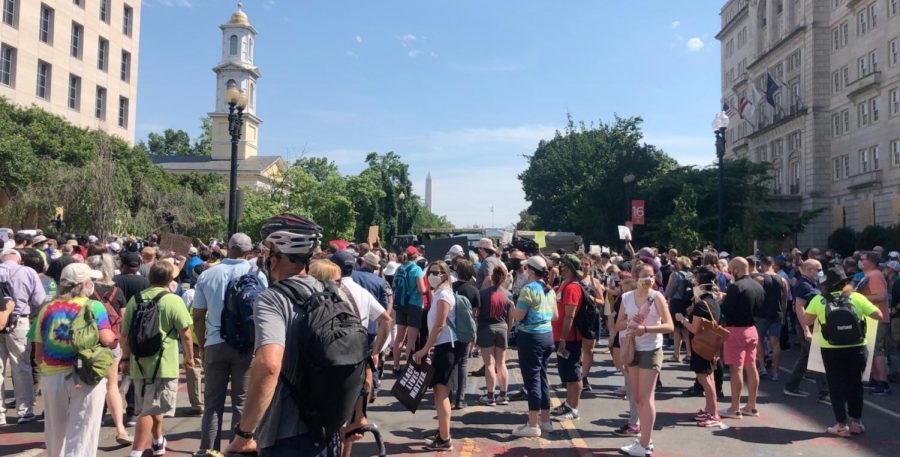Vice Provost and Dean of Students G.L. Black sent an email on Jan. 27 in the wake of a video of Tyre Nichols’s fatal altercation with police being released earlier that evening. Other Vanderbilt community members also reacted to his death and the unfolding case.
Nichols, 29, was pulled over by Memphis police for “reckless driving” on his way home from the local park on Jan. 7. After a violent encounter with five officers of the Memphis Police Department’s Scorpion unit, Nichols died in the hospital three days later.
Five of the officers involved were fired and charged with second-degree murder, and a sixth officer was dismissed on the morning of Jan. 30. The Scorpion unit, which stands for “Street Crimes Operation to Restore Peace in Our Neighborhoods,” has since been disbanded. Memphis Police Chief Cerelyn Davis condemned the actions of the officers, which were captured by a traffic camera. The graphic footage shows the officers detaining and beating Nichols.
Black described the video as “deeply disturbing” and encouraged students to utilize university resources as needed while processing the situation.
“Our thoughts are with Tyre Nichols’ family and the people of Memphis at this incredibly trying time,” the email reads. “We understand that many of you may be struggling to process these events.”
Laurie Woods, professor of sociology and former special agent with the California Bureau of Narcotic Enforcement, said that she believes the creation of special units in police departments like the Scorpion team can facilitate a lack of oversight.
“Police officers love special units, and they can lead to abuses, especially if there are no clear guidelines and names like ‘Scorpion,’” Woods said. “What does a scorpion do? [Sting.]”
Woods said the proactive response from Davis, the Memphis Police Department’s first Black female chief, was uniquely commendable.
“Oftentimes (usually according to their contract), officers are placed on administrative leave with pay, pending further investigation,” Woods said. “Davis immediately fired the officers and began speaking to Tyre Nichols’s family, the media and community leaders in an apparent effort to prevent further violence. Her behavior was key.”
First-year Joel Berinstein said he was “heart-stricken” by how close to campus the violence occurred. Memphis is about a three-hour drive from Vanderbilt. He similarly praised Davis’s swift actions.
“This is probably the closest to my ‘home’ this has happened to,” Berinstein said. “The one thing I will say is I’m definitely glad that, compared to other mainstream police brutality incidents, they were terminated and charged rather quickly, which at least shows a step in the right direction.”
Senior and Vanderbilt Prison Project Co-President Alejandro Moncayo said Nichols’s death was “senseless.”
“The politics and power-grabbing that allow for the abuses of power we’ve seen in this case, and countless cases before, is deadly,” Moncayo said. “The onus is upon all of us to carry on the legacy and light of Tyre Nichols by doing everything we can to fight back.”
Sophomore Elizabeth Ebhogiaye said she was disappointed in how desensitized audiences have become to instances of police brutality such as Nichols’s death.
“The fact that the police officers in this situation are Black proves how law enforcement corrupts those involved with a false sense of power and burdens the lives of Black families, time after time,” Ebhogiaye said.
Black Nashville Assembly will hold a vigil for Tyre Nichols on Feb. 4 from 3:00 to 5:00 p.m. CST at Public Square Park in Nashville. According to a statement posted by the organization, the vigil is intended to honor Nichols, his family and all who have lost a person to police violence.





